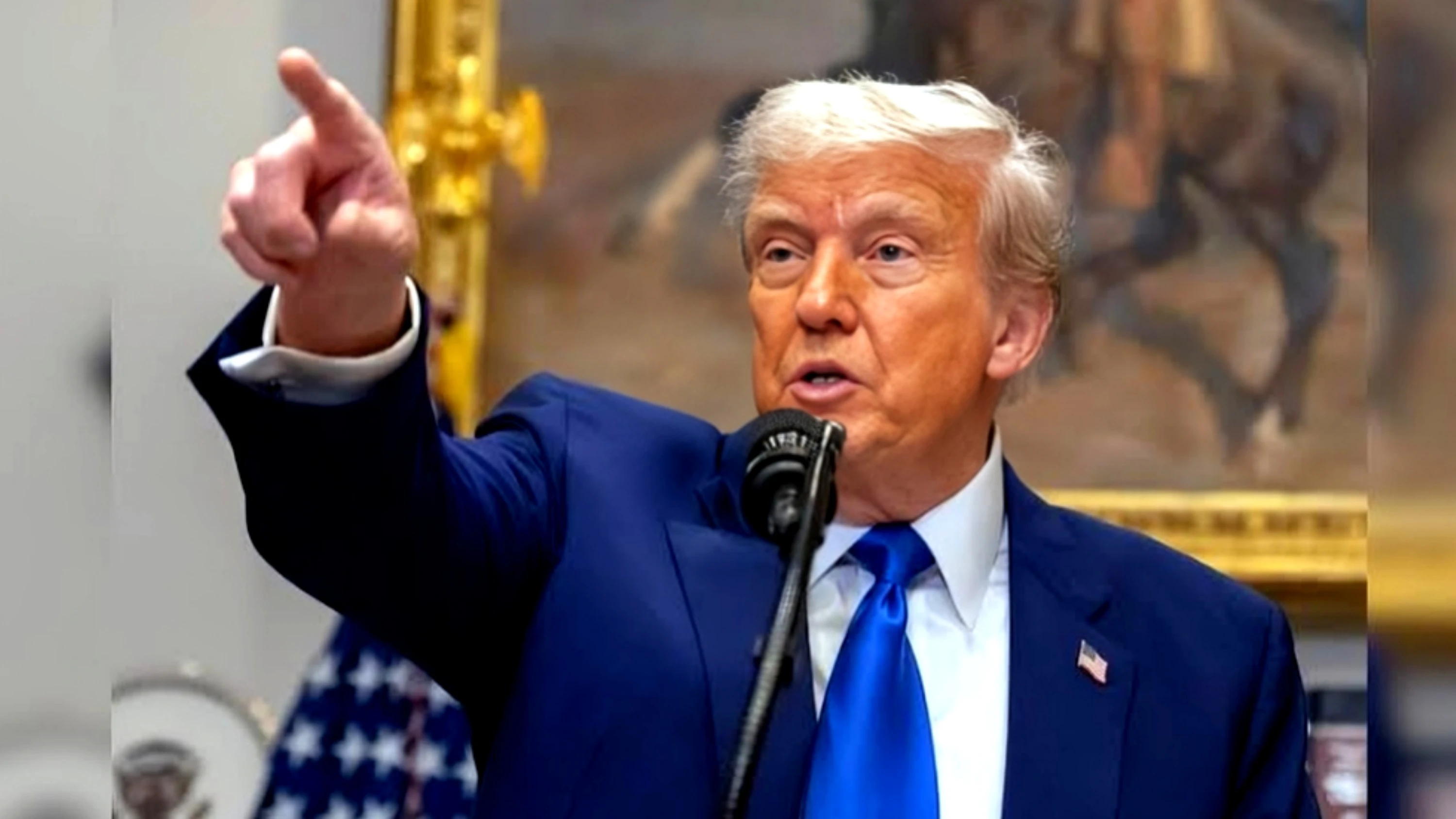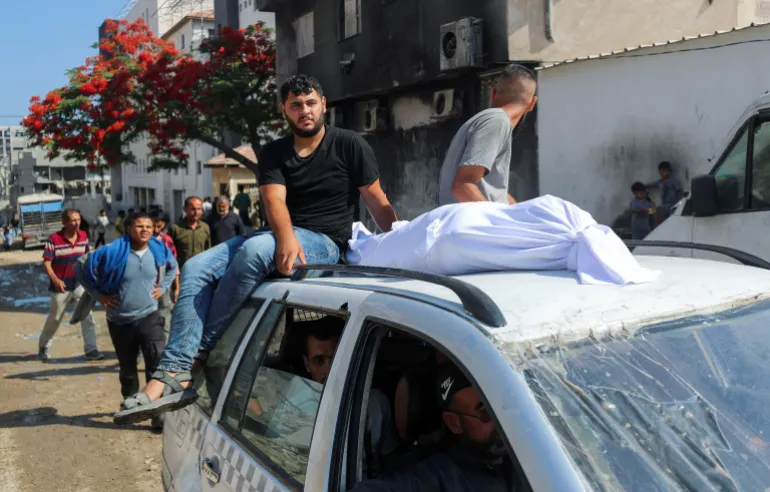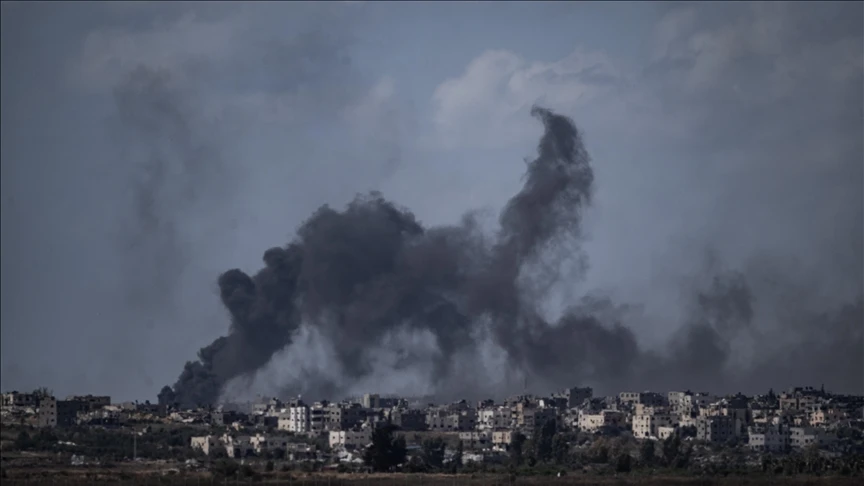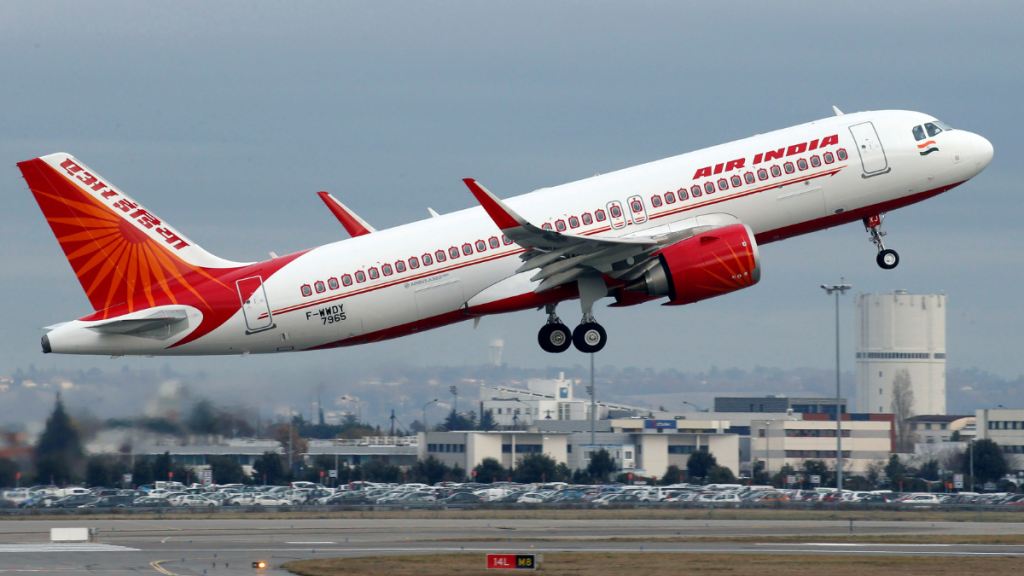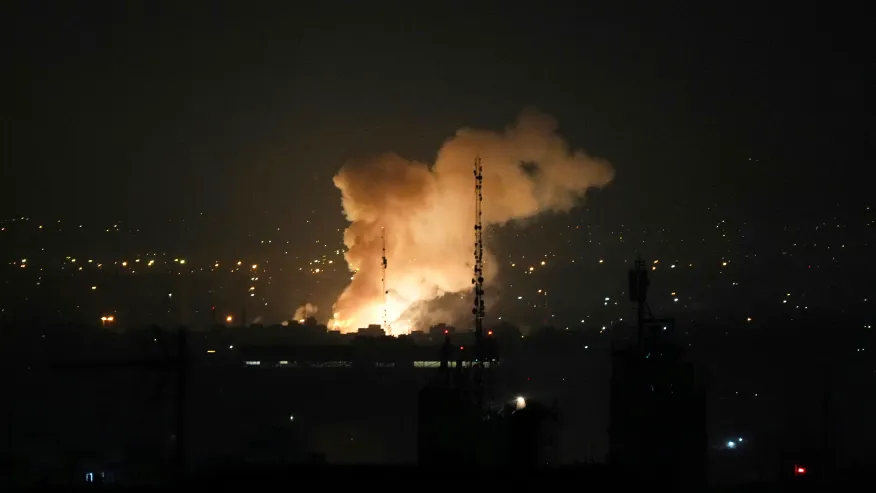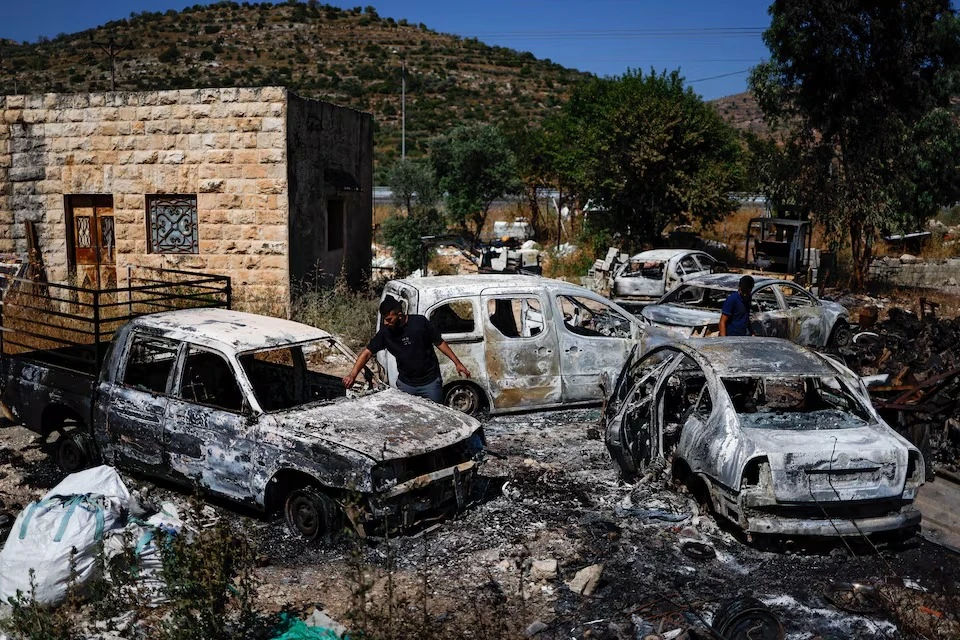Washington: U.S. President Donald Trump, a staunch ally of Israel, suggested Iran had provoked a devastating airstrike by rejecting a U.S.-imposed deadline to curb its nuclear programme.
“I think it’s been a tremendous success,” Trump said in a recorded interview shared by an ABC journalist on X. “We gave them a chance, and they didn’t take it. They got hit — hard. And there’s more coming.”
On his Truth Social platform, Trump revealed that he had issued a 60-day ultimatum to Iran two months ago. “They should have taken the deal. Today is day 61... maybe they’ll get another chance,” he posted.
While Washington distanced itself from the operation, denying any role, Iran vowed a severe response to the overnight assault that killed key figures in the country’s military leadership, including the heads of the armed forces and the Islamic Revolutionary Guard Corps (IRGC). In retaliation, Iran launched about 100 drones toward Israel, though the Israeli government lifted emergency shelter orders by 0800 GMT, indicating most drones were intercepted.
In a televised address, Iranian President Masoud Pezeshkian called for national unity and promised a powerful response that would make Israel “regret its reckless action.”
Oil prices surged nearly 8% amid fears of a wider regional conflict. However, Iran's national oil company said its facilities remained unscathed and operational.
An Israeli security official said Mossad agents had infiltrated Iranian territory ahead of the strikes and coordinated with the Israeli military to target Iran’s strategic missile infrastructure. He also claimed Israel had established a drone base near Tehran. According to the Israeli military, dozens of air defence systems — including radars and missile batteries — were destroyed.
Among the dead were Iran’s armed forces chief, Major General Mohammad Bagheri, IRGC commander Hossein Salami, and IRGC aerospace head Amir Ali Hajizadeh, along with six nuclear scientists. In total, sources said around 20 senior commanders were killed. Israel also reported that Iran's main nuclear site in Natanz was severely damaged.
Brigadier General Effie Defrin, an Israeli military spokesperson, stated that 200 fighter jets struck more than 100 targets in a planned multi-phase operation. He said the campaign could continue for an extended period.
Israeli Prime Minister Benjamin Netanyahu invoked Holocaust-era imagery to justify the attack, presenting it as a necessary move to avert an existential threat.
Trump, writing again on Truth Social just before 6 a.m. Washington time, reiterated that Iran had been given multiple opportunities to avoid conflict. “There has been great death and destruction,” he wrote. “But there’s still time to stop the slaughter… Iran must make a deal before there’s nothing left.”
Iran’s Supreme Leader Ayatollah Ali Khamenei condemned Israel’s actions as "wicked and bloody" and warned of “a bitter fate.” But with Tehran’s regional allies weakened — following Israeli strikes against Hamas leaders, Hezbollah operatives, and Yemen's Houthis since the Gaza war began in October 2023 — a coordinated backlash seemed less imminent.
International flights over the region were halted. Flightradar24 showed aircraft rerouting around Israeli, Iranian, Iraqi, and Jordanian airspace. Emirates suspended flights to several countries, while Israeli carriers moved aircraft out of the country and shut down Tel Aviv’s Ben Gurion Airport.
Tens of thousands of Israeli troops were deployed across the country’s borders, Chief of Staff Eyal Zamir said.
Jordan’s Foreign Minister Ayman Safadi accused Israel of violating international law, saying its actions undermined U.S.-led diplomatic efforts. “At a time when a nuclear deal could have helped the region and the world, Israel has triggered a dangerous escalation,” he said.
Although Iran alleged U.S. support for the Israeli operation, Secretary of State Marco Rubio denied any involvement, emphasizing that Israel acted alone and in self-defence.
American officials continue to insist that any future nuclear agreement must involve Iran abandoning uranium enrichment. Tehran, however, maintains its nuclear activities are purely civilian.
The International Atomic Energy Agency’s Board of Governors recently found Iran in violation of its non-proliferation commitments — a first in nearly two decades. While Iran is a signatory to the Nuclear Non-Proliferation Treaty (NPT), Israel is not and is widely believed to possess nuclear weapons.
In a statement, Iran called the Israeli assault “cowardly” and said it only reinforced Tehran’s resolve to continue developing its nuclear and missile capabilities.
Inside Iran, views remained divided. Some citizens critical of the ruling clergy welcomed the attack, hoping it might hasten regime change. But others, even those unsympathetic to the government, insisted Iran must retaliate to preserve national sovereignty.
Israeli officials claimed the strike was prompted by intelligence that Iran was nearing the threshold of acquiring nuclear weapons. However, a U.S. intelligence source said there was no recent change in Washington’s assessment — Supreme Leader Khamenei had not approved restarting a weapons programme halted in 2003.
The White House said Trump would convene his National Security Council on Friday to review developments. He had previously said that while an Israeli attack was possible, he still hoped for a diplomatic resolution.
Meanwhile, a scheduled meeting between US and Iranian officials concerning Iran’s escalating uranium enrichment, is cancelled.


